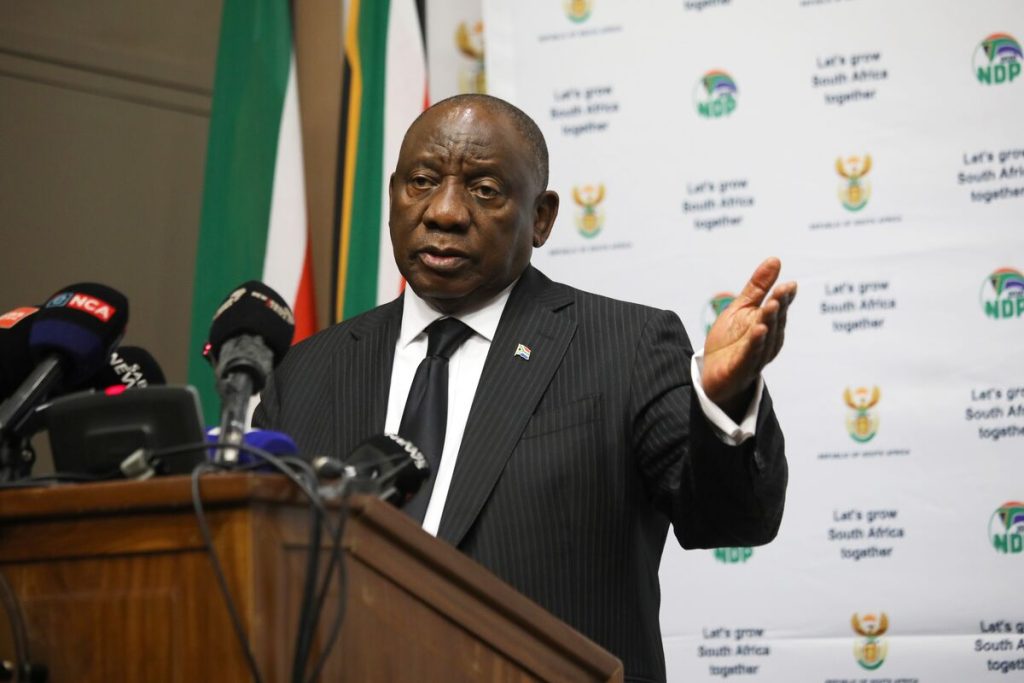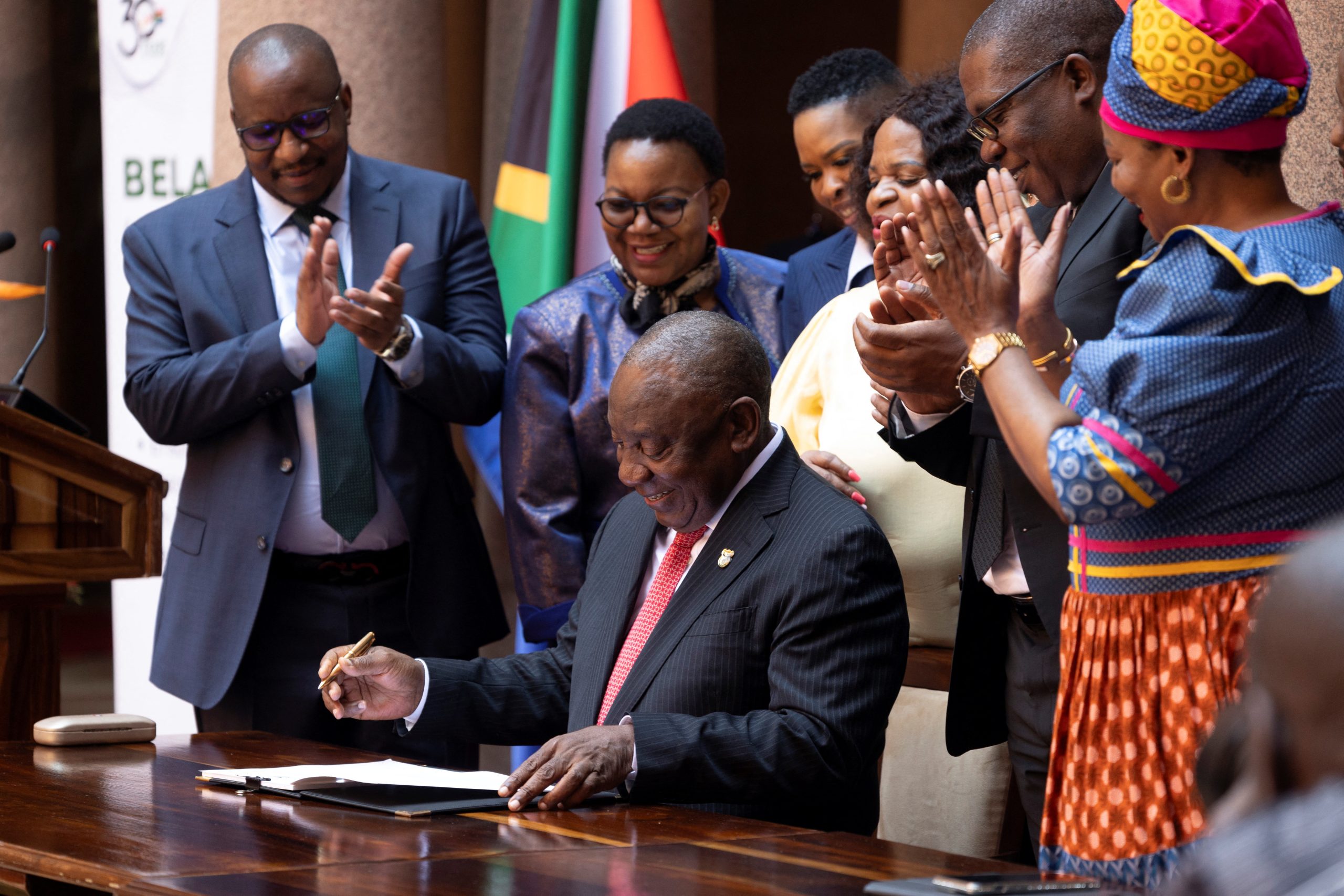South African President Cyril Ramaphosa has signed the disputed Basic Education Laws Amendment (BELA) Bill into law, following a compromise with coalition partners that had initially opposed the legislation.
The bill, which sparked heated debate earlier this year, was the first significant test for the government of national unity formed after the May elections, where the ruling African National Congress (ANC) lost its majority for the first time since 1994.
At the heart of the controversy are clauses granting the government greater authority to set language and admission policies for schools. Critics argue this could threaten mother-tongue education, particularly for South Africa’s Afrikaans-speaking minority.
The Democratic Alliance (DA), the second-largest party in the coalition, initially vowed to challenge the bill in court, fearing it would penalise Afrikaans-language schools, which make up only about five percent of South Africa’s schools.

However, DA spokesperson Willie Aucamp later confirmed that the party agreed to back the bill, provided the Basic Education Minister retains the right to define and enforce specific norms and standards.
President Ramaphosa defended the legislation, describing it as a step toward transforming the education system and improving inclusivity.
Key amendments in the bill includes stricter regulations for home-schooling, penalties for violating bans on corporal punishment, possible jail terms for parents who fail to send their children to school, and compulsory pre-school education for children aged four to five.
The DA’s support for the bill has caused friction with its core Afrikaner constituency, which fears the move could accelerate the decline of Afrikaans, a language rooted in 17th-century Dutch settlers’ speech.
Despite securing 22 percent of the national vote, the DA has frequently clashed with the ANC, which won 40 percent, on issues including foreign policy. The parties also differ on South Africa’s ties with Russia, which Ramaphosa has described as a valuable ally.
Adding to coalition tensions, the ANC’s decision to reappoint former justice minister Thembisile Simelane—who faced a financial scandal—sparked further criticism. Simelane was later reassigned to the less prominent role of human settlements minister.
While the new law aims to modernise South Africa’s education framework, it has left divisions within the government and society. Observers will be watching closely to see how the reforms impact schools and whether further legal challenges emerge.


 Trending
Trending 